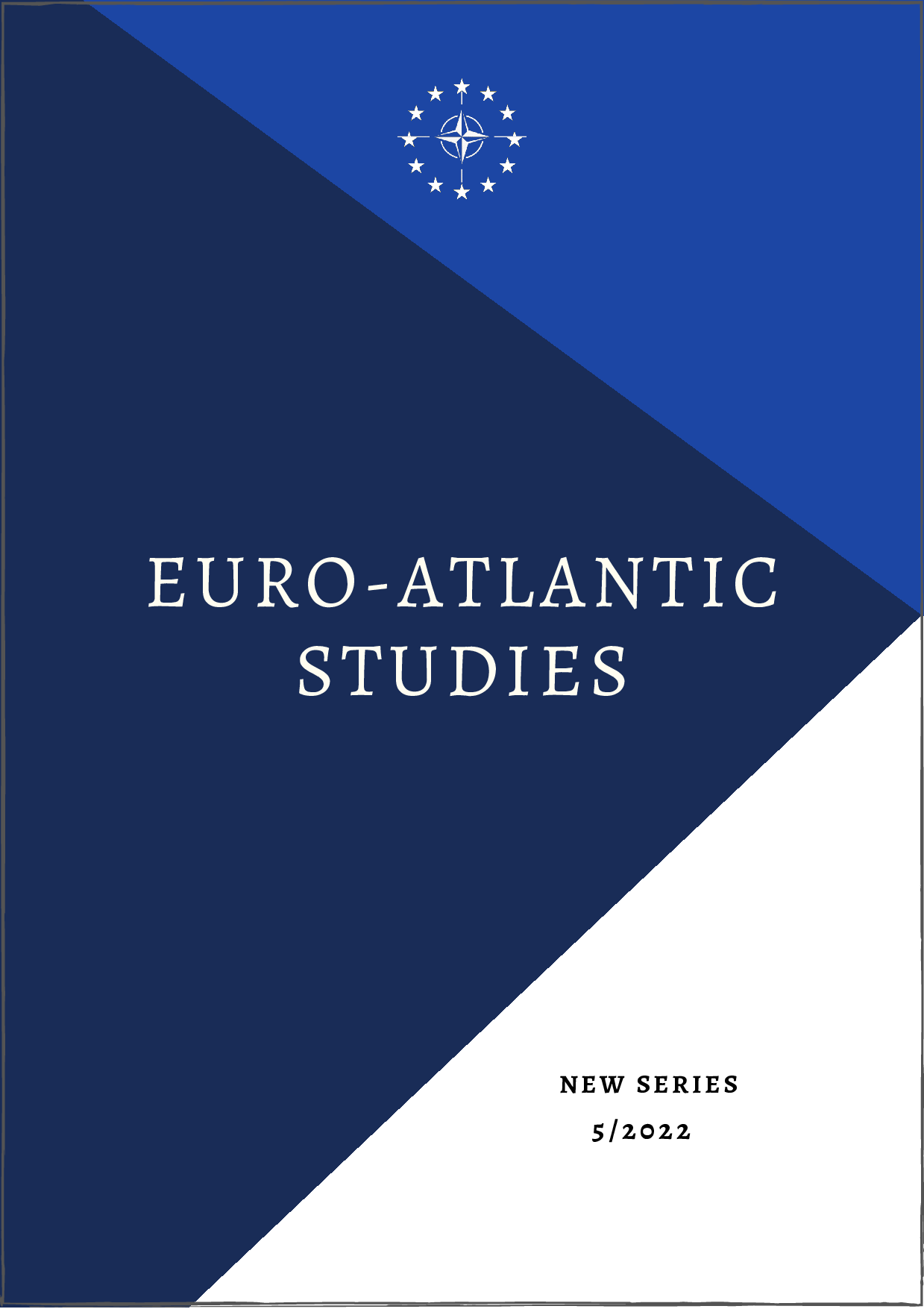The Fascist Foreign Policy: Some considerations of Mussolini’s Fascist Ideology
The Fascist Foreign Policy: Some considerations of Mussolini’s Fascist Ideology
Author(s): Andrei PetrescuSubject(s): Interwar Period (1920 - 1939), Fascism, Nazism and WW II
Published by: Editura Universităţii din Bucureşti
Keywords: Fascist Ideology;ideology (state);Mussolini’s Italy;
Summary/Abstract: The current article tries to explain the origins of Mussolini’s Fascism and his foreign policy doctrine, by examining the political and ideological contexts of pre-Fascist Italy. This approach offers a wider analysis of the general conditions which enabled the surge of Mussolini’s Far-right movement, such as the political instability, the fear of Communism among Italian elites, and above all, a growing imperialist outlook of the Italian public opinion of that period. Thus, Italian society was characterized by a profound process of atomization, a necessary precondition for a totalitarian takeover, according to Hannah Arendt. The article tries to uncover the particularities of Mussolini’s Fascist, to point out the ideological differences between this doctrine and other Far-right political orientations, such as Hitler’s national socialism by stressing some of the differences, explaining why Mussolini’s Fascist régime was perceived as a moderate one by Western governments for a long period. Mussolini was held in high regard by important American diplomats, like State Secretary Henry Stimson, who labeled Mussolini as a reasonable gentleman in his Post-war memoirs. Also, President Roosevelt expressed often his admiration for Mussolini and his policies, like many of the U.S. ambassadors to Rome.
Journal: Euro-Atlantic Studies
- Issue Year: 2022
- Issue No: 5
- Page Range: 45-55
- Page Count: 11
- Language: English

